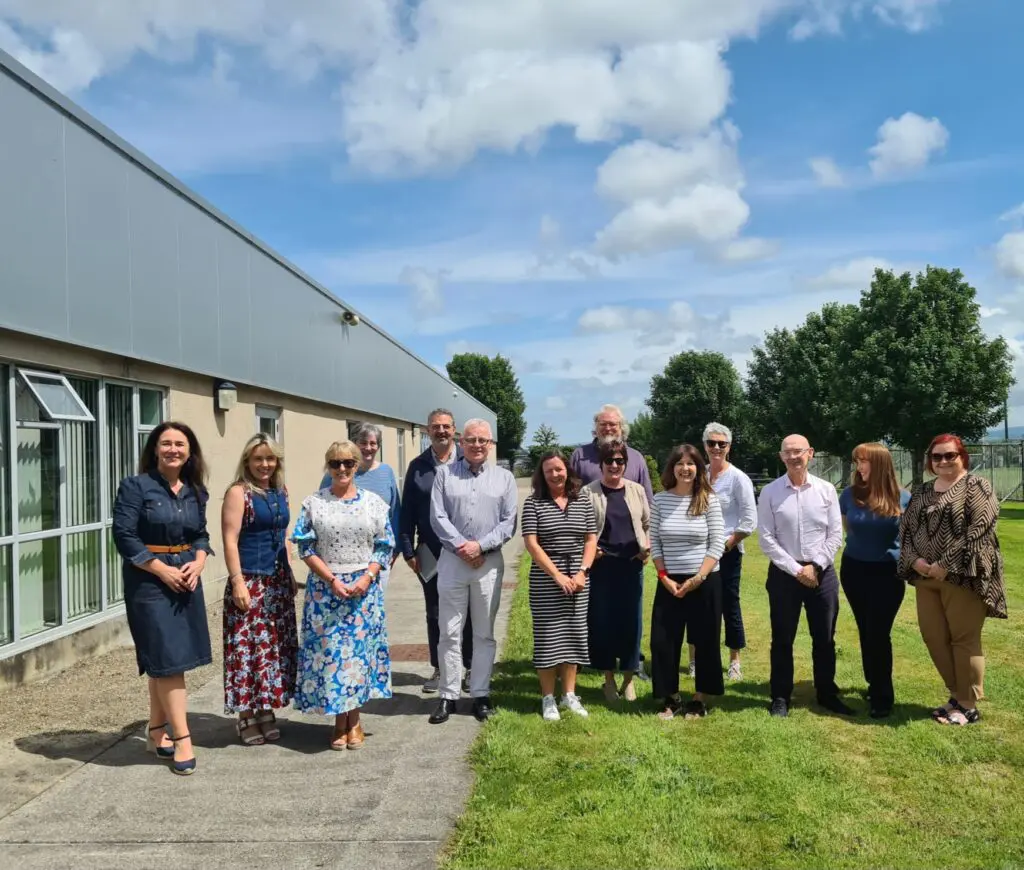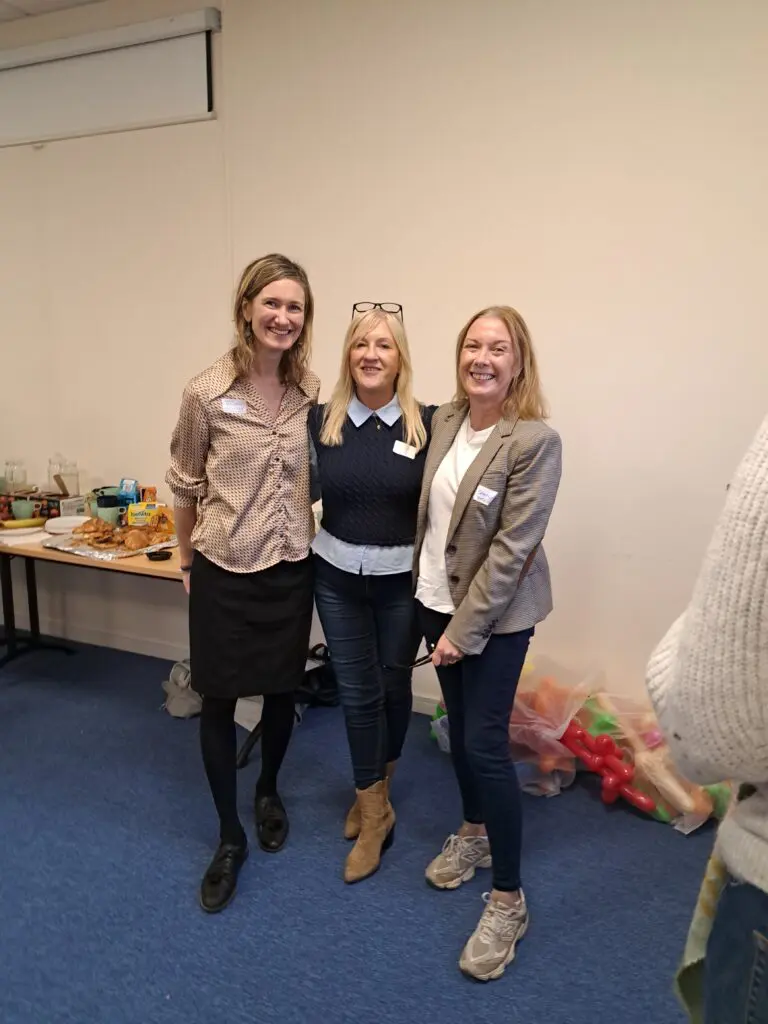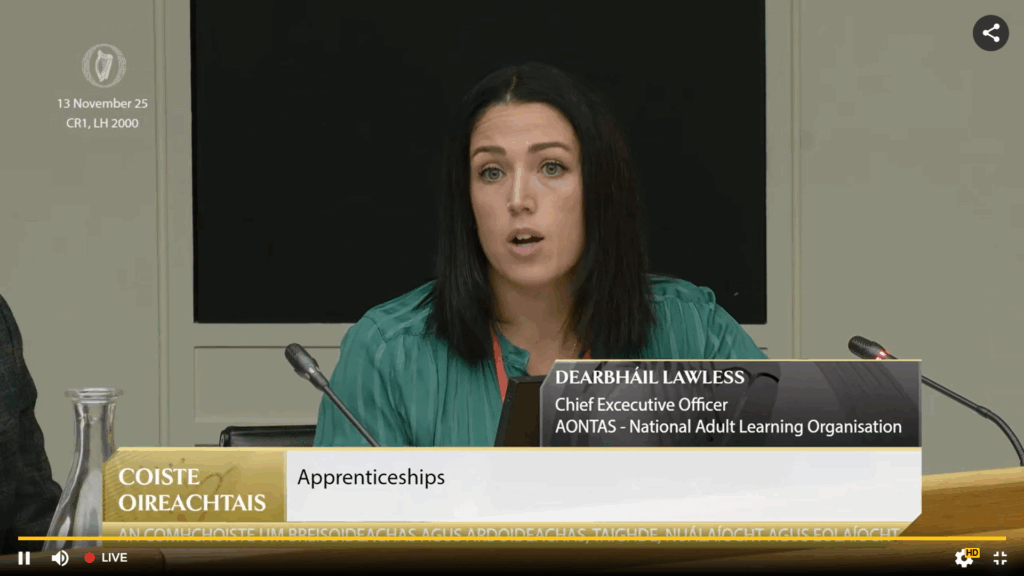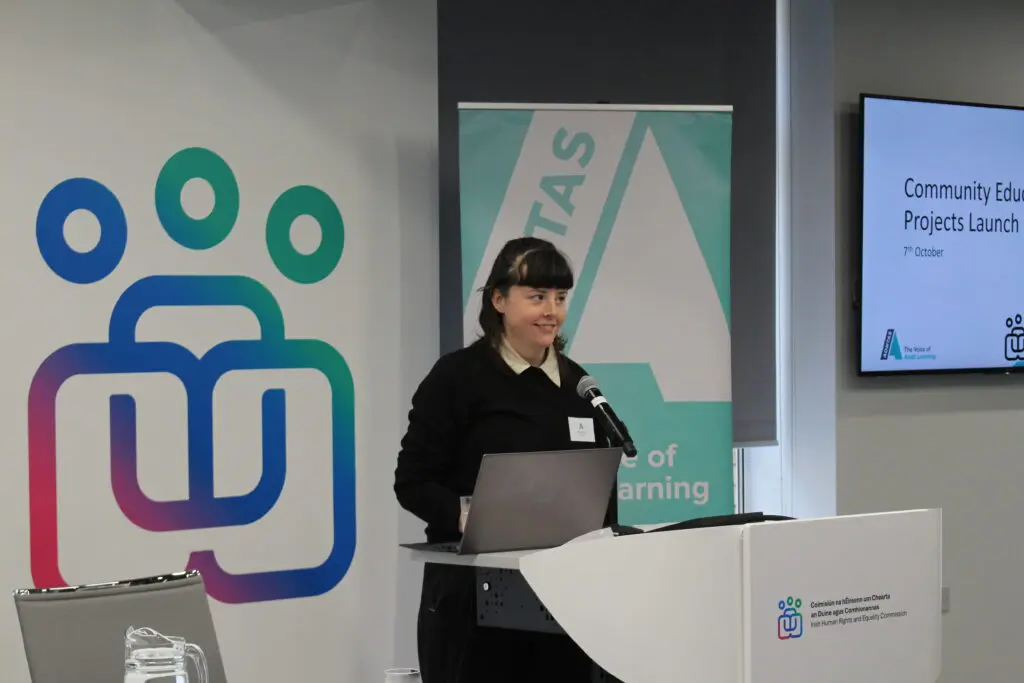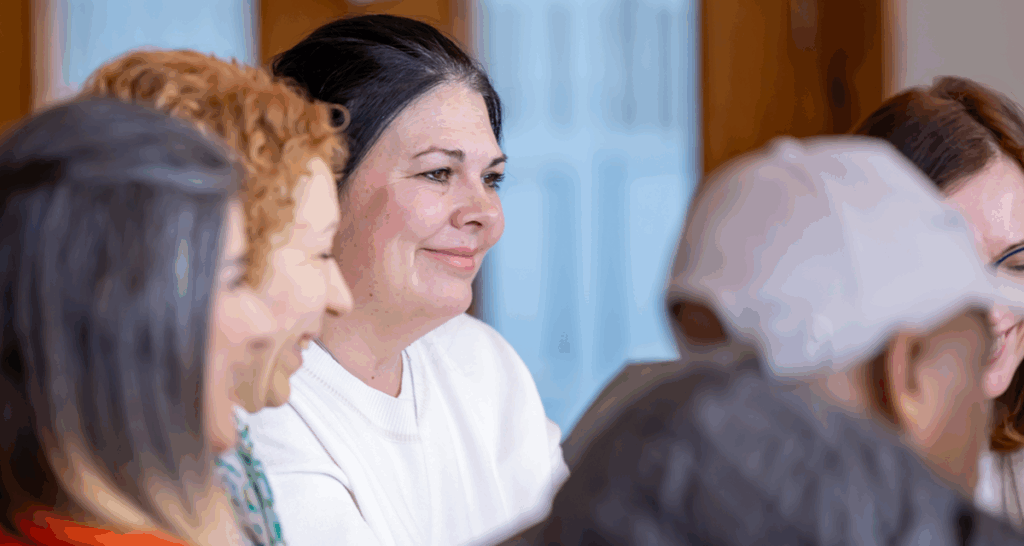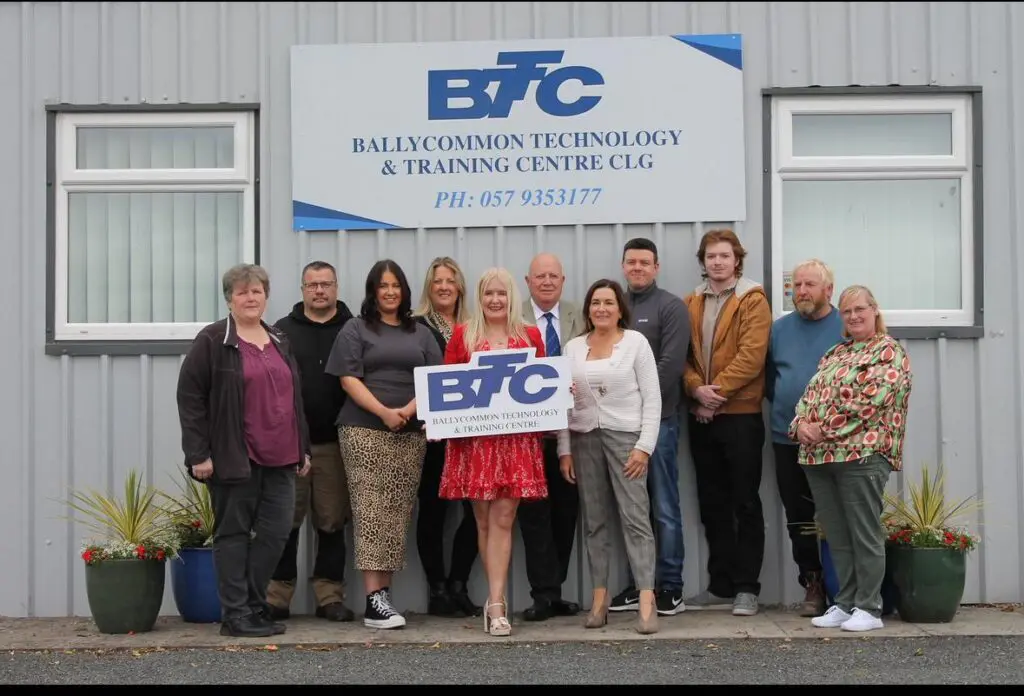Speakers from the UNESCO Global Network of Learning Cities (an international policy-orientated network providing inspiration, know-how and practice) shared information on their institutions’ role in building successful local initiatives during the pandemic, highlighting their social responsibility to communities.
Several speakers described how their teaching has transitioned online underlining the capacity of higher education institutions to support this form of learning. This is not to ignore the record number of students facing greater challenges to their learning than ever before. The ripple effect of temporary or indefinite closure of classes and the threat this poses to learners in vulnerable circumstances cannot be underestimated and was certainly addressed by the webinar presenters. Dr Francesc Pedró, Director of the UNESCO International Institute for Higher Education in Latin America and the Caribbean, noted that the approach towards ‘business continuity’ by institutions is most damaging to rural students or those with lower socioeconomic status for whom internet connectivity is a massive issue.
Also discussed by the webinar presenters was the strength of response by learners at their individual institutions and the centrality of this in engaging with individuals living outside of the online sphere, those who aren’t so easily reached by a Zoom call never mind an online class invitation. The sense of belonging and support given to learners in community education is evident in the current work of AONTAS Members. Visit our Facebook and Twitter pages for examples.
Universities engaging with local communities
Ms Malak Zaalouk, Professor of Practice and Director of the Middle East Institute for Higher Education (MEIHE) at the American University in Cairo’s (AUC) Graduate School of Education, described how the university’s response to COVID-19 has been aided greatly by the civically engaged students who were well integrated into community-based programmes ahead of the crisis. Connections between students and communities were already strong and based on their pre-existing work with charities and other local organisations. AUC’s Adult and Continuing Education programme has moved online, offering an opportunity for learning continuity in local communities.
Mike Osborne, Professor of Adult and Lifelong Learning and Director of the Centre for Research and Development in Adult and Lifelong Learning at the University of Glasgow, described the university’s support of community-based learning by adapting general interest courses to an online format e.g. the provision of online exhibitions from the Hunterian museum. Further, a huge amount of initiatives supporting the community are implemented by students themselves who are linking with groups including Glasgow Community Food Network and The Food Train. With a focus on vulnerable elderly populations, the School of Engineering is planning with care homes on how remote mental healthcare sessions can be organised using mobile health clinics and using AR/VR based immersive training to train carers to administer tests and use PPE correctly.
Prof. Patricio Donoso Ibáñez, Head of Managerial Institutional Affairs at the Pontificia Universidad Católica de Chile, noted his university’s support for local neighbourhoods and families through training around mental health and domestic violence. The university is also supporting the Chilean government’s efforts towards increasing testing, improving detections of COVID-19 and contact tracing. One such project is ‘Project Hope’ which provides community-based mass detection and surveillance systems. Students in the School of Biology are also producing and distributing virus ‘self-care kits’ for vulnerable populations.
Mr Abiy Menkir Gizaw, Lecturer and Community Service Director of the Department of Adult Education and Community Development at Bahir Dar University, noted that all classes have been halted. The university is working to promote accurate information sharing around COVID-19 via leaflets distributed to students and the local community. Student volunteers from health and textile engineering backgrounds are supporting tasks like these.
Looking forward
A key finding of the UNESCO-ISSALC report was that forward-looking policy accounting for potential budget reductions is essential. Long-term impacts of this disruption to higher education are difficult to anticipate. Dr Pedró suggested a rise in the demand for higher education once the virus is under control is to be expected as individuals seek to further their education and increase their prospects of better employment. However, this will come at a time when there are expected reductions in university budgets. Dr Pedró laid out the following principles for forward looking policy;
1) Ensure the right to higher education for all
2) Leave no student behind
3) Review current regulatory frameworks and policies
4) Prepare in good time for the resumption of face-to-face classes
5) Rethink and redesign the teaching and learning processes
6) Generate resilience in the sector.
Beyond the obvious and immediate effect of school closures, the disruption that limited access to learning opportunities can cause to communities is far reaching and multi-layered. AONTAS recently published a series of blogs (available to read here) addressing some of these issues including digital learning and disadvantage, equality and assessment, and maintaining Learner engagement.
The purpose of this webinar by UNESCO UIL was to share best practice between higher education institutions whose dedication to the community and social responsibility sees them reach out to communities. It is interesting to see the resources, knowledge and expertise higher education institutions can contribute to the challenge of learning online and supporting vulnerable populations within the community.
In a recent article by thejournal.ie, the Irish Minister of State for Higher Education recognised this challenge;
“Many of the people who struggle to access third level education are the same people who will suffer most during Covid-19. To those students in very difficult circumstances who rely on funding and initiatives of this kind, you can rest assured that access to these resources will not be affected by Covid-19.”
– Mary Mitchell O’Conner
AONTAS Members working in a community education context offer an inclusive education system, supporting ways to overcome barriers. The values of adult and community education are necessary for supporting adult learners’ full and equal participation in society during and after the coronavirus crisis.
AONTAS is committed to supporting our members and all adult learners during the coronavirus crisis. We remain astutely aware of the issues they face and are constantly receiving input in a variety of ways included weekly Membership Support and Update Webinars, Virtual FET Learner Forums and general information sharing. Members and Learners are encouraged to reach out by email, social media or by joining the webinars described.
____________________________________________
To be part of the sector’s effort to identify and respond to this unprecedented situation click Here and register for the next AONTAS Membership Update and Engagement – Weekly Webinar. These webinars are open to members only and it is essential to register in order to participate.
Further information on AONTAS membership is available here.
Go to AONTAS Blogs for more context and blogs about the current situation as it has been unfolding.

